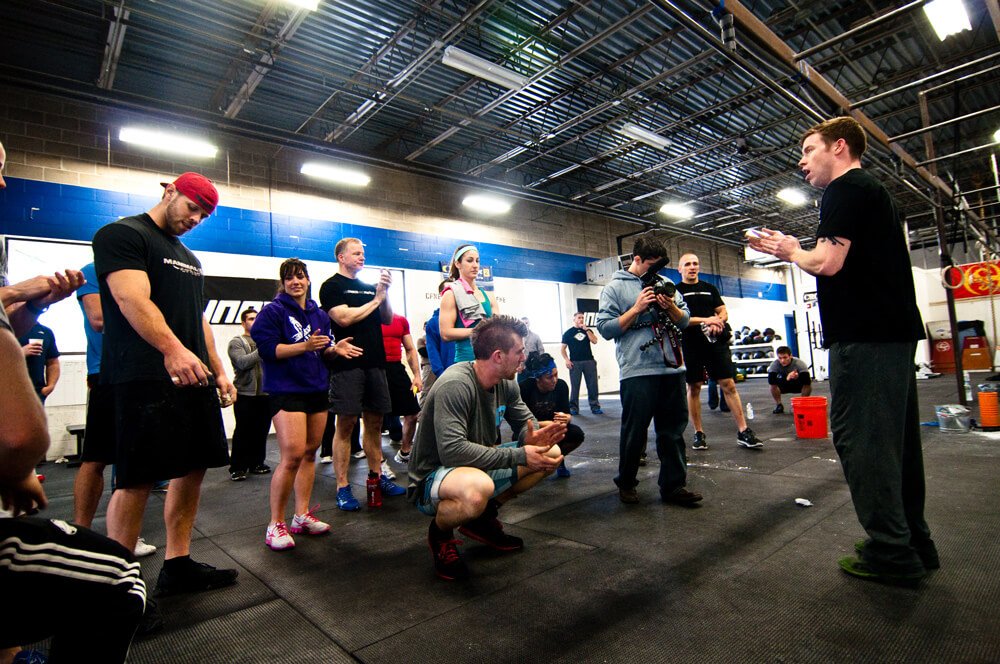Giving your coaches skills.
You’ve spent the time to search for the perfect fit, hired them and put them through your training – you might think you are free and clear, but you aren’t. Developing good coaches takes time and more than just initial training. You need to put some time and effort into developing their coaching skills, coaching, athletic and interpersonal.
Developing Coaching Skills
Your new coach has to learn how to coach. Just having training and a level 1 certification doesn’t make them a coach. You need to teach them how to be confident, how to cheer on athletes, how to pick on the form deficiencies your members have, how to lead a class. These are all imperative to your coach being happy in their job and your members being happy at your affiliate.
There are nine main skills you want to develop in your coach:
- The ability to establish trust with your members
- Coaching presence (the ability for them to look like a coach to anyone just walking in the door)
- Powerful questioning – constantly looking for answers on the best methods of strength and metabolic training as well as nutritional methods.
- Active listening – the ability to understand what a member is trying to convey
- Direct communication – the ability to respond directly to questions and comments your members have
- Creating awareness, in both body movement and logistical spatial planning
- Designing actions – finding ways to get your members moving properly
- Planning and goal setting – particularly important for helping members achieve long term goals and if you want your new coach to participate in programming.
- Managing progress and accountability – You want your new coach to be able to remember the scaling of your members as well as how they are currently progressing so they can tailor the WODs properly.
By forging these skills in your new hire you prepare them to take command of a class and effectively engage your members in a great WOD! But what your coach can and cannot do in their own WOD is also important to members looking for inspiration in your new hire, not to mention respect.
Athletic Skills
Your new coach doesn’t need to be a Games finalist, but they do need to be able to pull their weight and to put it all on the line for every workout they do. They should have great form for all of their lifts, if they can’t look good doing it, how will they make your members look good doing it?
They should also be able to perform most, if not all, of the major skills; muscle ups, pistols, double unders, chest to bar pull ups, handstand pushups, technical lifts (like the snatch), GHD sit ups, wall walks, turkish getups, kettlebell work – and anything else you can think of. If they can’t perform a skill, they should be actively attempting to improve and celebrating their successes so your members have that improvement to look up to.
Essentially they should be able to Rx every workout – and be a good example of how you want your athletes to train and workout. This includes proper form through the workout, perfect counting, and a relentless positive outlook.
If you find a great coach that your members love that isn’t quite up to par on their athletic abilities and skill levels – don’t let them go. It is much easier to teach a natural and gifted coach how to do a muscle up than to teach an athletic genius how to coach – something to keep in mind.
Ongoing Training
It’s likely that your new hire won’t meet all of the qualifications I mentioned here, but that doesn’t mean you have to scrap who you have found, it just means you need some ongoing in house training, a program that you should have well established already.. Work with them on their mobility, strength and skills to get them up to Rx’ing the WODs and send them educational materials on good coaching (or better yet model it yourself) to help them connect better with your members.

